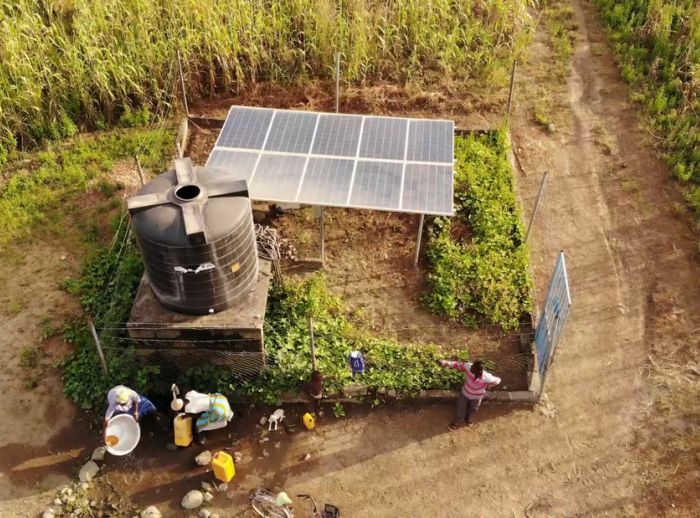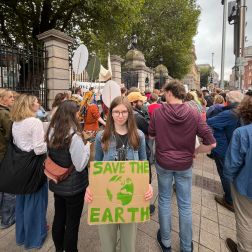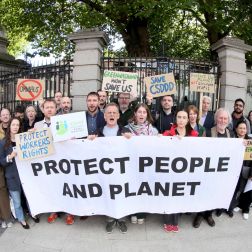- 2 mins read time
- Published: 27th January 2020
Time for Ireland to lead on climate and support poorer nations
The climate crisis is the most urgent issue facing humanity and the planet. It affects many of the communities with which Oxfam works, disrupting their livelihoods through gradual, insidious changes in temperature and rainfall patterns, and increasing the frequency and intensity of cyclones, floods and droughts.
Vulnerability to disaster and climate change matters because it perpetuates and deepens poverty and suffering. It stands in the way of people – particularly women –being able to enjoy their basic rights and reduces their chances of ever being able to attain them.

Ireland has fallen short on taking meaningful action to tackle climate change, with the Government dragging its heels and missing key targets. While the Government’s 2019 Climate Action Plan is a step forward, it lacks any significant ambition.
The devastating impacts of climate change are being felt everywhere and are having very real consequences on people’s lives, especially in the world’s poorest countries. As well as reducing carbon emissions at home, richer nations like Ireland must provide climate finance to ensure that the most affected countries have enough resources to support them in the fight against the climate crisis.
The government has committed to at least double the percentage of its aid budget spending on climate finance by 2030. In 2018, Ireland spent some 10 percent of its aid budget on climate – that needs to be increased to 20 percent. With climate breakdown already devastating communities, it is vital that this target is reached by 2025 at the latest.
Ahead of the general election on February 8th, Oxfam Ireland is calling on the new government to:
- Deliver annual reductions in climate-polluting emissions of at least 8% a year for the lifetime of the next government.
- Help poorer countries to cope with the climate emergency by spending 20 percent of its aid budget on climate finance by 2025.




